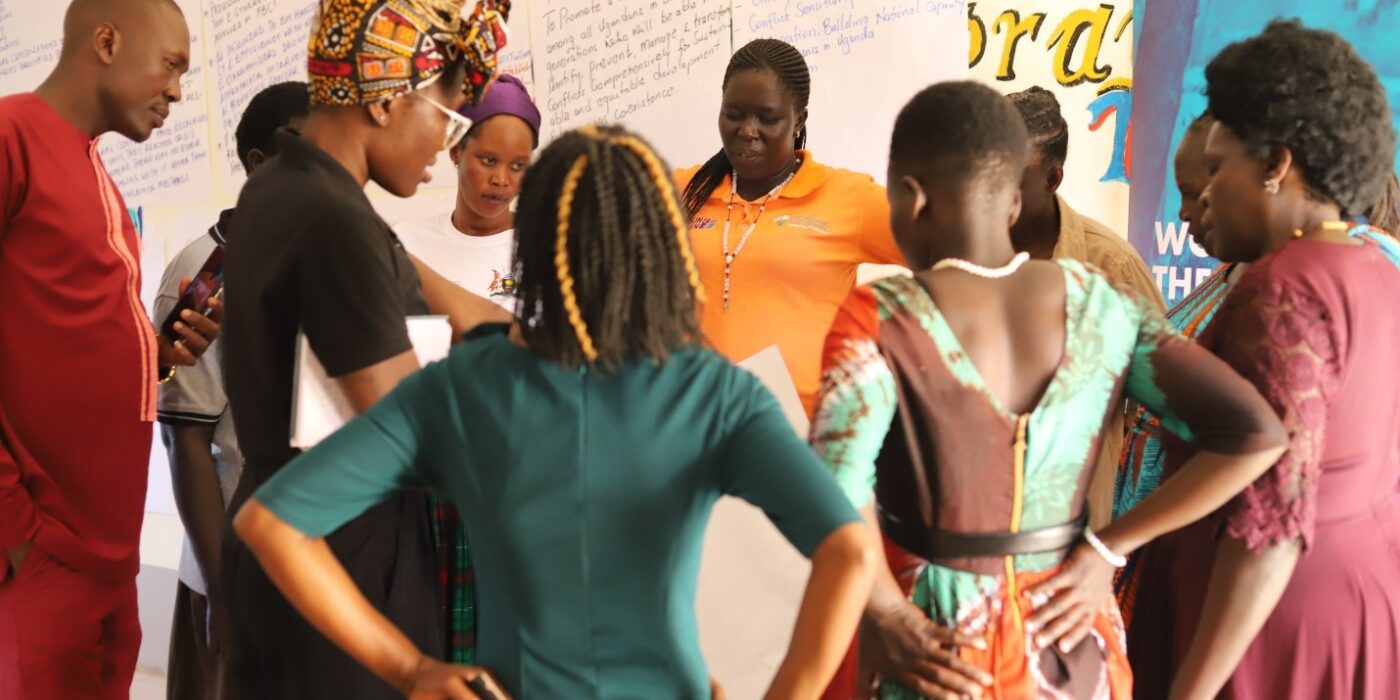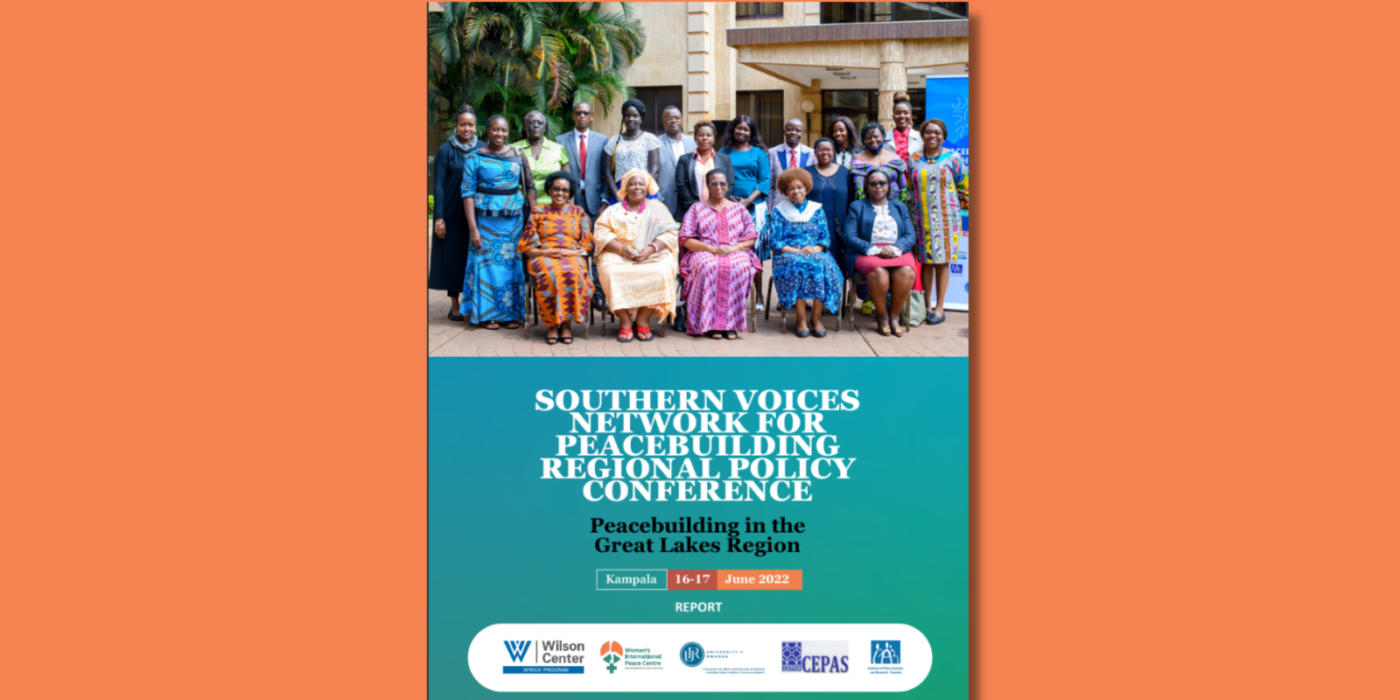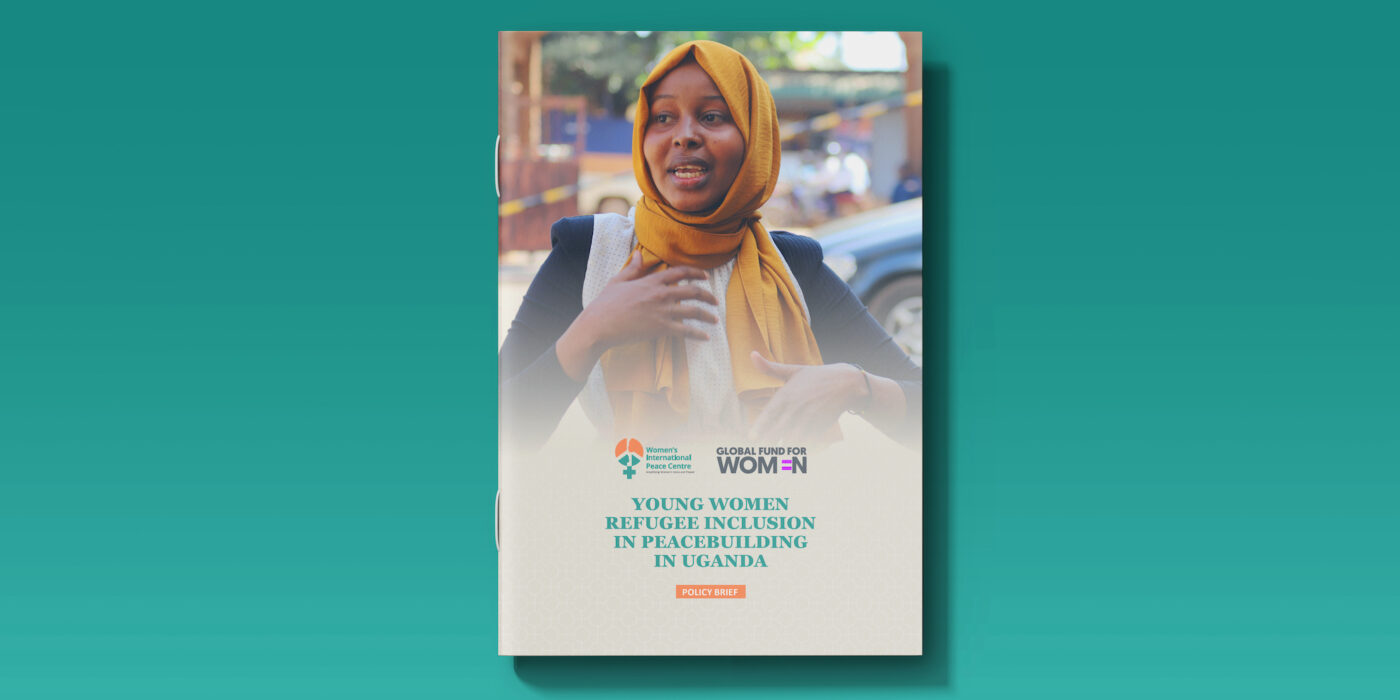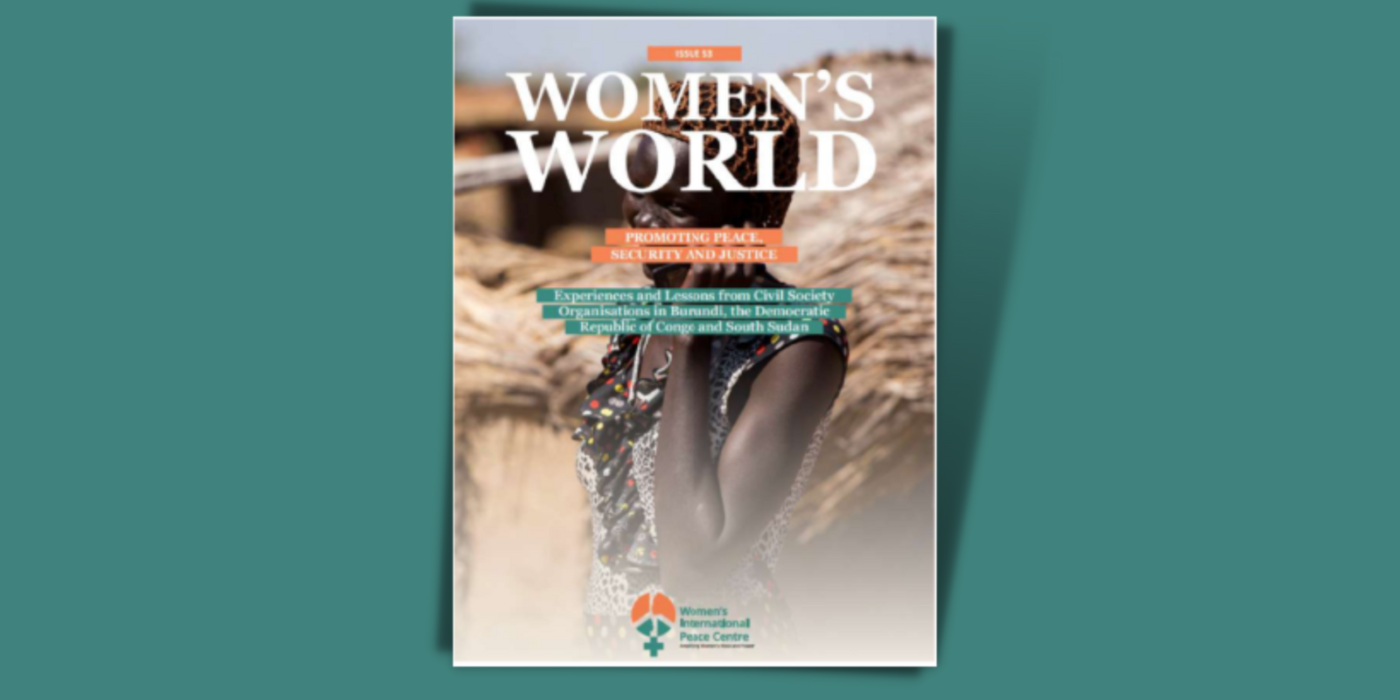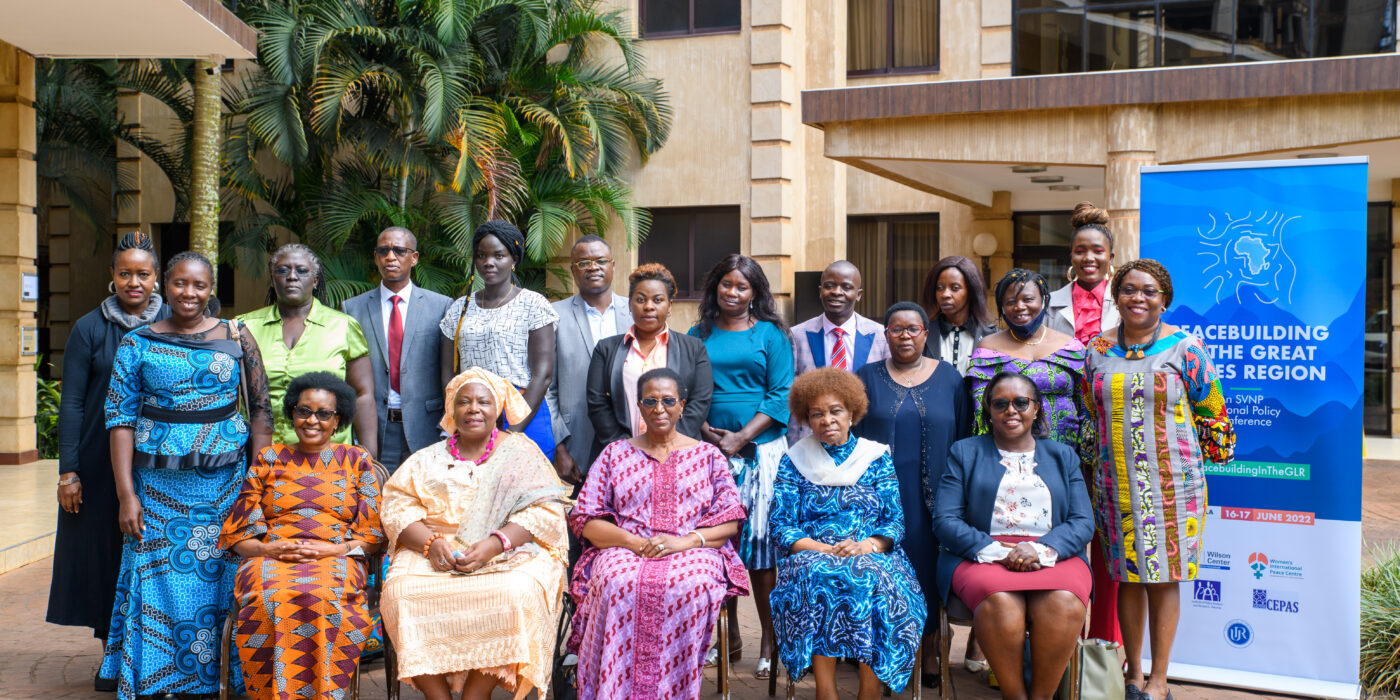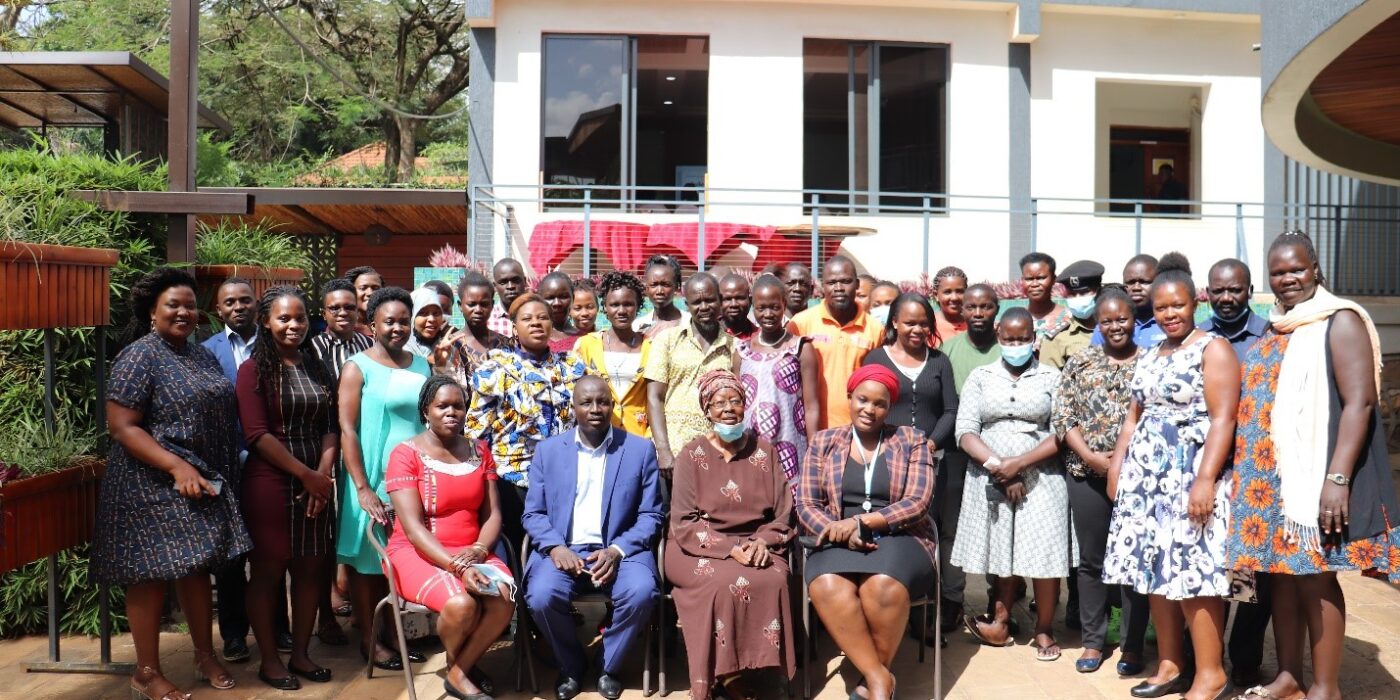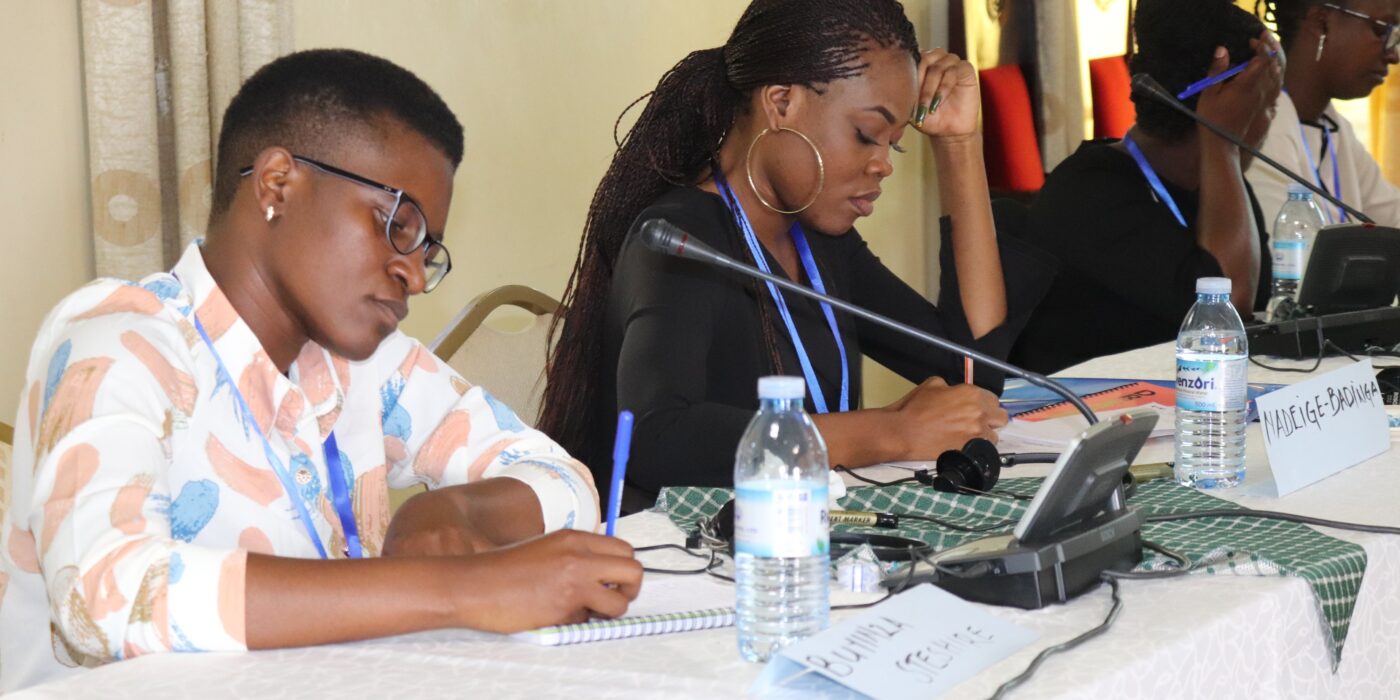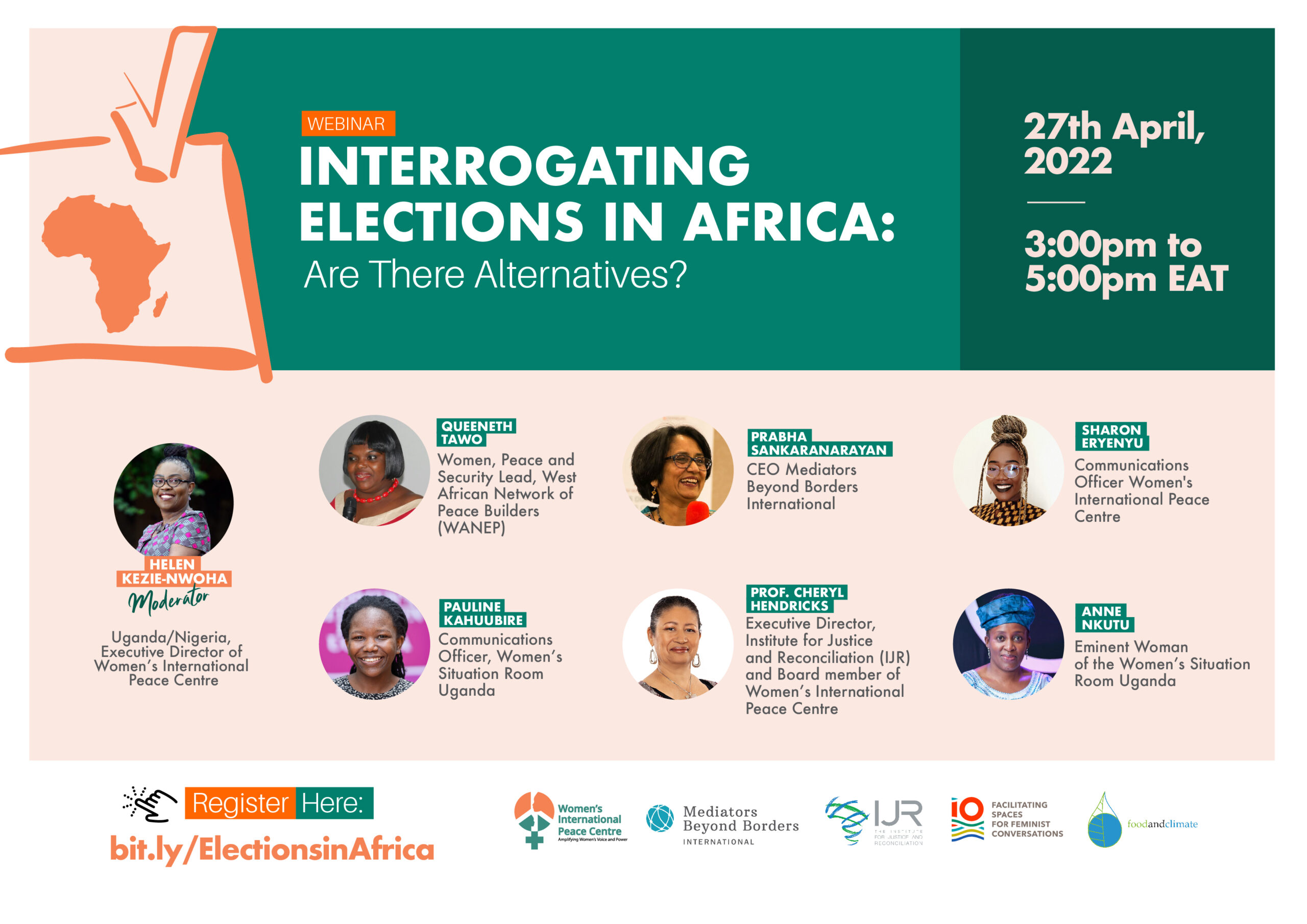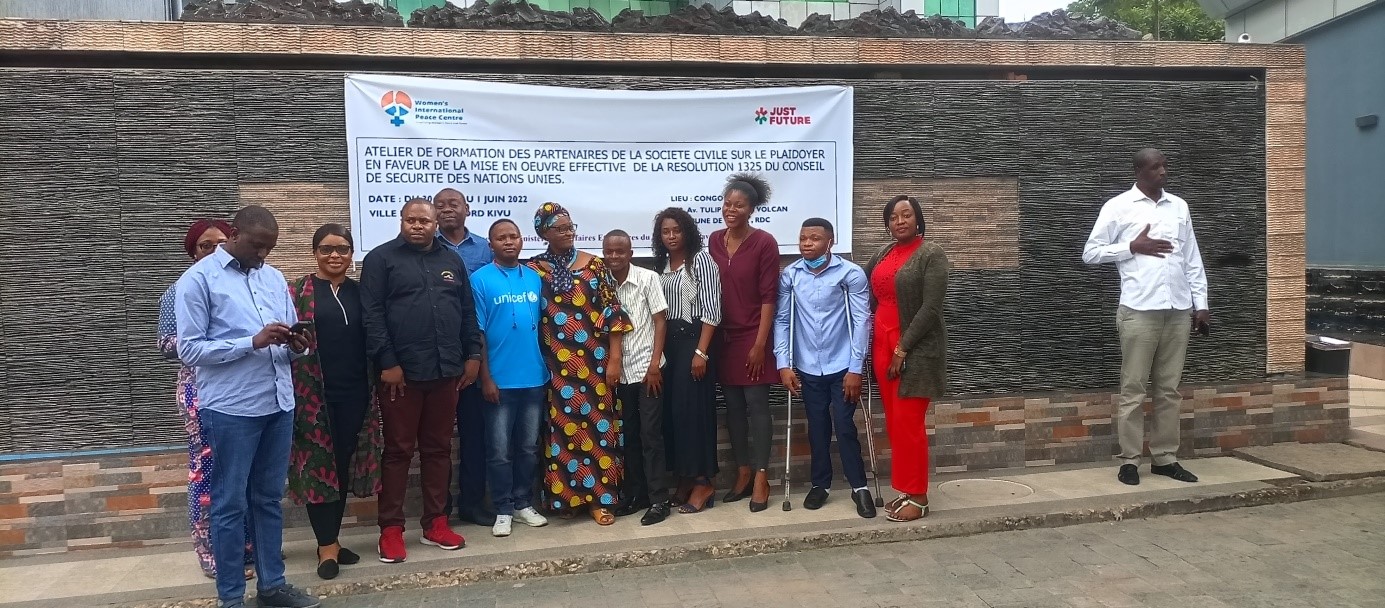Training National Women Peace Champions On the Uganda National Action PLan(III) and the Draft National Peacebuilding and Conflict Transformation Policy
Since independence, Uganda has witnessed tyrannical and dictatorial rule and hand over of power through the gun. The situation has not been helped by emerging conflicts around resources often due to influence from international actors that exacerbate the divide between different national, religious and ethnic groups in the country. Uganda has also experienced conflict as a result of events in the Great Lakes Region as its geographical position places it at a crossroads of armed conflicts in Sudan, Somalia, Democratic Republic of Congo (DRC) and other countries within the region. As a result, women and girls continue to suffer the effects of armed conflict in much of fragile Uganda.
Currently, Uganda is implementing its third National Action Plan (NAP III) on Women, Peace and Security (WPS) (2020-2025) under the leadership of the Ministry of Gender, Labor and Social Development. NAP IIIseeks to drive impact in addressing key persisting and new WPS issues such as the influx of refugees, socio-economic and demographic concerns, conflicts over natural resources, climate change and environmental stressors and disasters, transnational threats, organized criminal activities, cultural disputes and many more and despite its existence, awareness on the mechanism has been remarkably low at different levels.
In a similar manner, Uganda started the process of developing a National Peace Building and Conflict Transformation Policy in 2000; which seeks to create a national peace building framework, mainstream gender concerns into peacebuilding efforts, and establish a gender sensitive conflict early warning system. The framework will also guide the development of conflict transformation approaches and systems that will address social, economic, political, cultural and gender related injustices that lead to internal and cross border conflicts. However, since the development of the first draft in 2015, the policy is still in draft form yet conflicts which affect women disproportionately continue to happen.
It is upon this background that the Women’s International Peace Centre in partnership with Uganda Women’s Network (UWONET) conducted a two days’ training in Kampala from 5th to 6th July 2022 for 30 national women peace champions. The aim of the training was to increase awareness of the NAP III on the Women, Peace and Security agenda and the National Peacebuilding and Conflict Transformation Policy while influencing efforts with local and national actors.
The women peace champions selected from a broad spectrum included; women from Civil Society Organizations, private sector, religious and cultural leadership, and young women from media.
Sessions of the trainings emphasized women, peace and security with a specific focus on the United Nations Security Council Resolution 1325, its background, provisions and what it recognizes such as the inclusion of a gender perspective at all levels of decision-making, protection of and respect for human rights of women and girls, protection from Sexual and Gender-Based Violence (SGBV), gender perspective in peacekeeping including post-conflict processes, and in the reports of the Secretary General as well as the Security Council., The training also highlighted some of the resolutions related to UNSCR 1325 such as UNSCR1820, UNSCR 1888, UNSCR 1889, UNSCR 1960, UNSCR 2106, and UNSCR 2122.
Our Executive Director, Helen Kezie-Nwoha, facilitated a session on Women, Peace and Security and highlighted that the agenda emphasizes that women are not only victims of conflict and instability but are also active agents in both formal and informal peace-building and recovery processes.
In relation to that, Doreen Bakeiha, the focal person on NAP III at the Ministry of Gender Labor and Social Development unpacked the National Action Plan with emphasis on its background, relevance, and key components. She also delved into the history of conflicts in Uganda, how women shape peace and security, laws that support participation of women in peace and security, and the role of women and other stakeholders in the implementation of the NAP. She highlighted that for the implementation of the NAP III to be successful, different actors must work together to support and invest in participatory processes, social accountability tools and localization initiatives.
The NAP III priority outcomes were stated as: All forms of violence prevented and conflicts resolved; good governance enhanced at all levels which includes increasing the participation of women in the security sector; natural and human made disasters are prevented and mitigated;and systems and structures for implementation and coordination of NAP III strengthened.
The session on the draft National Peace Building and Conflict Transformational policy was facilitated by Elizabeth Katusiime from the Conflict Early Warning and Early Response Unit, Ministry on Internal Affairs. She unpacked the policy highlighting its history, overall and specific objectives and its relevance.
Other sessions of the training included peacebuilding which enabled participants to; understand conflicts and conflict analysis tools which involved examining conflict dynamics, governance systems and conflict triggers, symptoms and root causes of conflicts; conflict early warning and early response; peacebuilding; as well as negotiation and mediation.
In conclusion, with a focus on strategic advocacy for the National Peace Building and Conflict Transformation Policy, participants collectively strategized on possible ways to prioritise the policy and push for its passing. The following were agreed upon;
- Hold national level influential workshops, that is, strategic lobby and advocacy meetings with different stakeholders for example state and non-state actors including (prime minister, technical staff, CSOs and donors).
- Scale up awareness on the draft national peacebuilding and conflict transformation policy through multi media campaigns, policy briefs for the wider audience to understand.
- Popularizing the peace policy among Civil Society Organisations
- Technical review and engagements on the draft national peace policy with key stakeholders reviewing and engaging on the national peace policy.
- Conduct validation of the peace policy with the wider stakeholders from across the regions for inclusive drafting.
- Engagement with the parliamentary committee on disaster involving UWOPA and Greater North Parliamentary Association.

